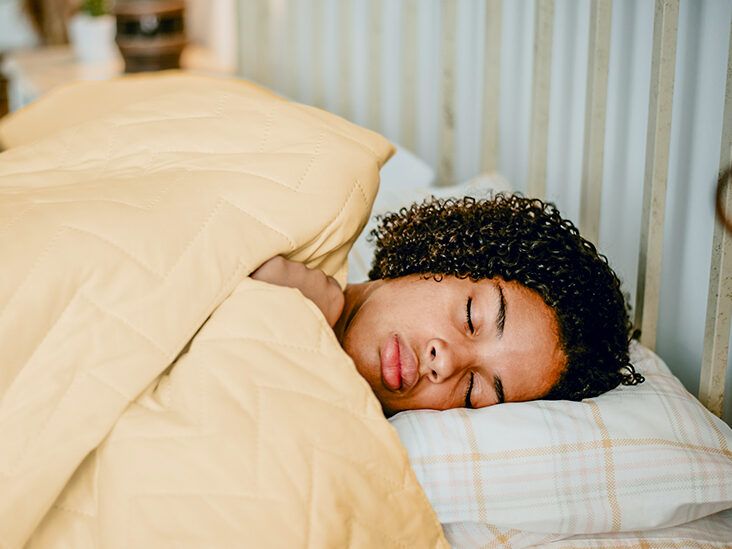
Do I Gain an Hour of Sleep in the Fall?
The arrival of autumn often brings about a collective sigh of relief as we bid farewell to sweltering summer nights and embrace the cooler temperatures that accompany the changing seasons. But does this seasonal shift also offer us an unexpected gift – an extra hour of sleep? The answer, unfortunately, is a little more nuanced than a simple yes or no.
The Great Fall Sleep Debate
The notion of gaining an hour of sleep in the fall stems from the implementation of Daylight Saving Time (DST). Twice a year, we adjust our clocks forward by an hour in the spring (known as “springing forward”) and back by an hour in the fall (known as “falling back”). The primary purpose of DST is to make better use of daylight during the summer months, reducing energy consumption and extending the hours available for outdoor activities.
Falling Back: Losing an Hour?
So, why do we not actually gain an hour of sleep when we “fall back” in the fall? It’s all about our biological clocks. When we adjust our clocks back in the fall, we are essentially shifting our sleep cycle an hour earlier. This means that we go to bed an hour earlier and wake up an hour earlier, resulting in no net gain in sleep duration.
Why Do We Feel Groggy?
While we don’t technically lose an hour of sleep when we fall back, many people report feeling groggy and disoriented in the days following the time change. This is because our bodies need time to adjust to the new sleep schedule. It can take several days for our circadian rhythms to fully adapt, during which time we may experience fatigue, decreased alertness, and difficulty concentrating.
Tips for a Smooth Transition
To help ease the transition to falling back, consider following these tips:
- Adjust Gradually: Begin shifting your sleep schedule a few days before the official time change. Gradually go to bed and wake up 15-20 minutes earlier each day.
- Get Plenty of Sunlight: Exposure to sunlight helps regulate our circadian rhythms. Aim to spend time outdoors during the morning to signal your body that it is time to be awake.
- Avoid Caffeine and Alcohol: These substances can interfere with sleep, making it harder to adjust to the time change.
- Establish a Regular Sleep Routine: Stick to a consistent sleep schedule, even on weekends. This helps to reinforce your body’s natural sleep-wake cycle.
- Create a Relaxing Bedtime Ritual: Wind down before bed with calming activities such as reading, taking a warm bath, or listening to soothing music.
FAQ: Fall Daylight Saving Time
Q: When do we fall back in the United States?
A: Daylight Saving Time ends in the United States on the first Sunday of November at 2:00 AM.
Q: How long does it take to adjust to the time change?
A: It can take several days for our bodies to fully adjust to the new sleep schedule. Most people report feeling back to normal within a week.
Q: Are there any health benefits to falling back?
A: Some studies suggest that falling back may reduce the risk of heart attack and stroke. However, more research is needed to confirm these findings.
Q: Can I still gain an hour of sleep in the fall?
A: Technically, no. The time change does not result in an additional hour of sleep. However, you can improve your sleep quality by following the tips outlined above.
Conclusion
While falling back does not literally grant us an extra hour of sleep, it is a reminder that our sleep-wake cycles are tightly linked to the external environment. By being mindful of our sleep habits and implementing strategies to support a healthy sleep routine, we can mitigate the effects of the time change and ensure that we are well-rested throughout the fall and winter months.
So, to answer the question posed in the title of this article: Do we gain an hour of sleep in the fall? The answer, unfortunately, is no. But by following these tips, we can make the transition to falling back easier and optimize our sleep for a restful and rejuvenating autumn.
Are you interested in learning more about Daylight Saving Time and its impact on sleep?

Image: www.healthline.com

Image: in.pinterest.com
4 Sleep Problems Related to Heart Failure and 5 Ways to Manage Them Bottom line: You don’t want to get the first deep sleep of the night during the day; it’ll leave you grouchy and irritable, even with that “extra hour” of sleep. Originally published on October 31